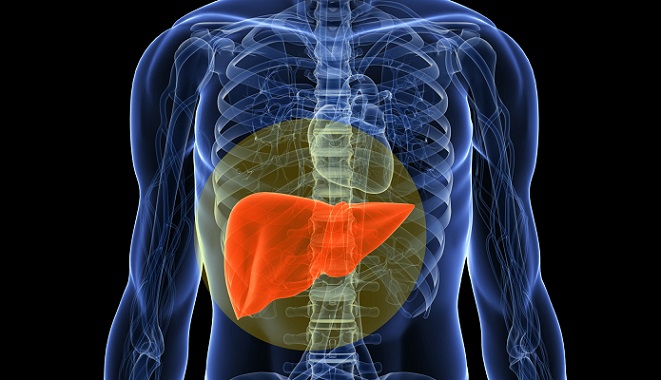Malaysian Study Finds That Dengue Virus Serotype DENV2 Severely Damages the Liver
Nikhil Prasad Fact checked by:Thailand Medical News Team Nov 11, 2025 3 months, 1 week, 1 day, 15 hours, 18 minutes ago
Medical News: How the Virus Targets the Liver
Researchers from Universiti Kebangsaan Malaysia have found that the Dengue virus serotype-2 (DENV-2) is the main driver of liver injury in severe dengue cases. It not only infects liver cells directly but also triggers damaging immune responses that destroy healthy tissue. This
Medical News report highlights how viral replication, immune overreaction, and oxidative stress combine to worsen dengue’s impact on the liver.
 Researchers uncover how DENV-2 damages liver cells and triggers severe inflammation in dengue patients.
Understanding the Liver’s Role in Severe Dengue
Researchers uncover how DENV-2 damages liver cells and triggers severe inflammation in dengue patients.
Understanding the Liver’s Role in Severe Dengue
The liver is one of the first organs affected when DENV-2 enters the bloodstream. The virus infects hepatocytes—the cells responsible for detoxifying blood—and causes swelling, inflammation, and enzyme release, especially ALT and AST, which are markers of liver injury. Once inside, the virus uses the cell’s machinery to multiply, disturbing essential functions such as protein synthesis and energy production. This leads to oxidative stress, cell death, and tissue damage.
How the Immune System Makes Things Worse
While the body’s immune system tries to fight the virus, it often overreacts, producing a flood of inflammatory molecules known as a “cytokine storm.” High levels of tumor necrosis factor-alpha (TNF-α), interleukin-6 (IL-6), and interferon-gamma (IFN-γ) worsen liver inflammation and cause blood vessels to leak. Overactive immune cells, including T-cells and macrophages, mistakenly attack infected and healthy liver cells alike. The researchers also found that Kupffer cells—special liver immune cells—become hyperactive, releasing toxins that lead to blood clotting problems and even liver failure in extreme cases.
Cellular Damage and Fatty Liver Formation
The study described that DENV-2 infection damages liver cells in several ways. It triggers endoplasmic reticulum (ER) stress, which interferes with protein folding, and causes mitochondrial dysfunction, reducing the cell’s ability to produce energy. These stresses lead to the buildup of reactive oxygen species (ROS), which harm cell membranes and DNA. Additionally, the virus disrupts fat metabolism, leading to steatosis or fatty liver, a condition that worsens liver inflammation and makes recovery harder.
Therapeutic Hopes and Future Research
The scientists proposed several possible treatment directions. These include antiviral drugs that stop viral replication, such as small molecules targeting the NS3 protease and NS5 polymerase, and receptor blockers that prevent the virus from entering liver cells. Anti-inflammatory therapies—like dexamethasone and TNF-α inhibitors—could reduce the cytokine storm. Liver-protecting compounds such as N-acetylcysteine, CoQ10, and NAD+ precursors may also help by reducing oxidative stress and supporting mitochondrial health.
/>
Why This Research Matters
Understanding how DENV-2 harms the liver could save lives in countries where dengue is endemic. The findings show that severe dengue is not just a result of viral infection but also the body’s own excessive immune reaction. More research into targeted antiviral and anti-inflammatory treatments is urgently needed to prevent liver failure and fatal complications in dengue patients.
The study findings were published in the peer-reviewed International Journal of Molecular Sciences.
https://www.mdpi.com/1422-0067/26/22/10904
For the latest on Dengue research, keep on logging to Thailand Medical News.
Read Also:
https://www.thailandmedical.news/articles/dengue-news
